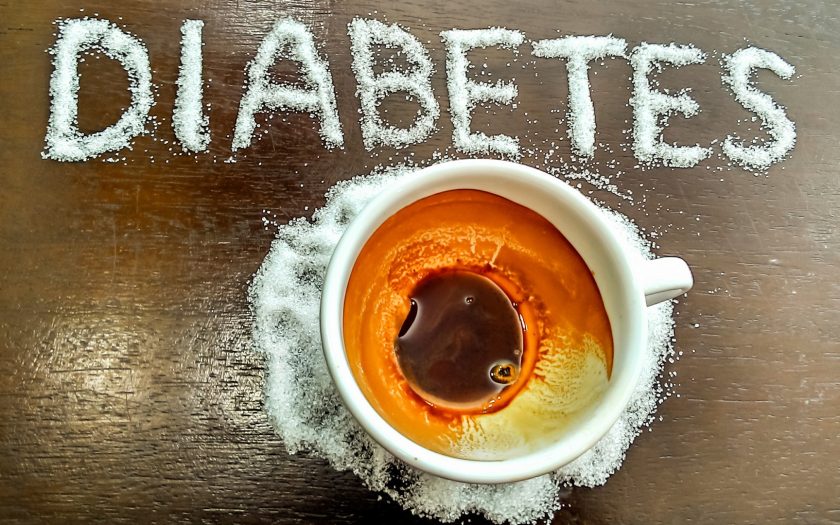To maintain health, maintain high activity and prevent complications, the patient must follow a special treatment (Diavista, Glimy) and prevention regimen. Let’s look at 9 basic rules of living with diabetes.
- Sugar, sugar confectionery, semolina, fatty and smoked sausages, alcohol, beer, grapes, sugar-based fruit juices should be excluded from the daily diet. Limit your intake of foods high in carbohydrates (bakery products, potatoes and cereals, sweet fruits, fats). The diet must include vegetables, fruits, milk, cheese.
It is especially important to eat at a specific time if you are injecting insulin, for example, after injecting crystalline insulin – 15-20 minutes and 3-3.5 hours. In the case of long-acting insulin treatment (zinc-insulin suspension, etc.), food should be taken in the morning after the injection, then every 3.5-4 hours and 40-60 minutes before bedtime.
- A clear daily routine is necessary for diabetes. In the morning you need to get up, work, inject insulin, eat, take medication, rest actively, and in the evening go to bed at a strictly defined time. Avoid mental and physical fatigue. Sunday should be completely free from daily professional activities and used for active recreation.
- Follow the rules of personal hygiene and home hygiene. Exercise, sports (not strength types) have a beneficial effect on metabolism, increase the absorption of carbohydrates. This method reduces the need for insulin, facilitates the course of the disease and increases efficiency. Alcohol and smoking are not allowed.
- Prescribed hypoglycemic drugs must be taken at a strictly defined time. Unauthorized replacement of the drug, change of dose or even more so their discontinuation is unacceptable without the knowledge of a doctor. Take oral medications (tablets) after meals.
- Observe cleanliness and sterility when injecting insulin. Injection sites should be rotated so that re-injections into the same area occur no more than 1-2 times a month.
- Patients taking insulin may develop hypoglycaemic conditions. Signs of this are weakness, trembling hands, sweating, numbness of the lips, tongue, hunger, confusion, up to loss of consciousness (hypoglycemic coma). The development of such conditions is facilitated by untimely or insufficient food intake, injection of overdose of insulin and excessive physical activity. To reduce acute hypoglycemia, it is necessary to eat a piece of bread, cookies, sugar, lollipops, which the patient should always have with him.
- When choosing a profession and work, diabetics should take into account the limitations due to the nature of the disease to prevent complications and early disability.
- You should not give up a full life. Compensated diabetes is not an obstacle to marriage and normal family life. For early detection and prevention of diabetes it is necessary to periodically (1-2 times a year) examine children.
- To prevent complications, including the most common injuries of the eyes, kidneys, liver, legs, diseases of the nervous system, gums, you should see a doctor regularly.

